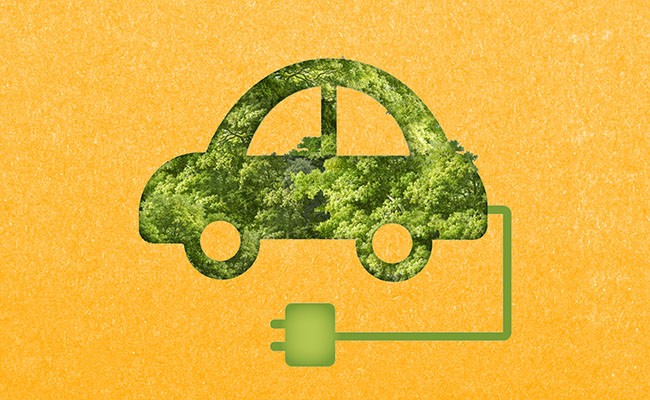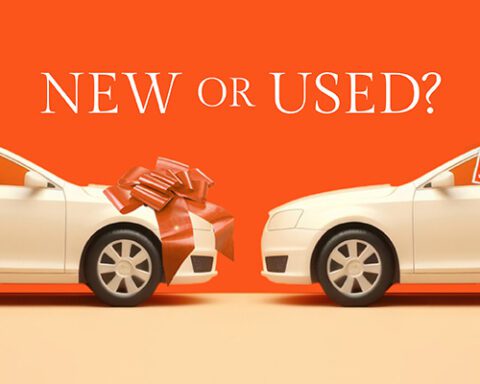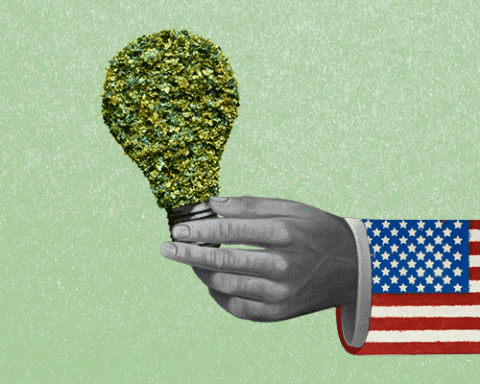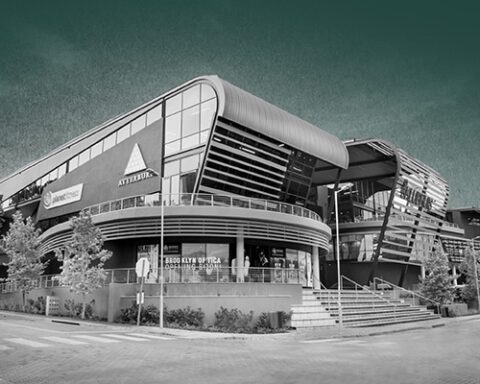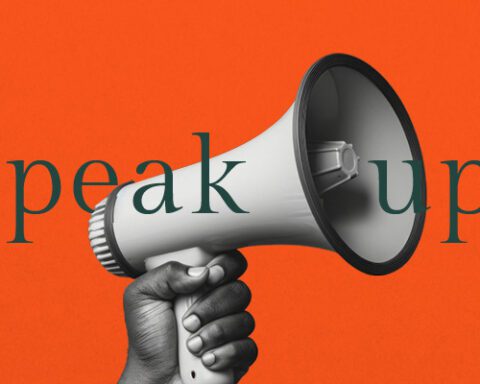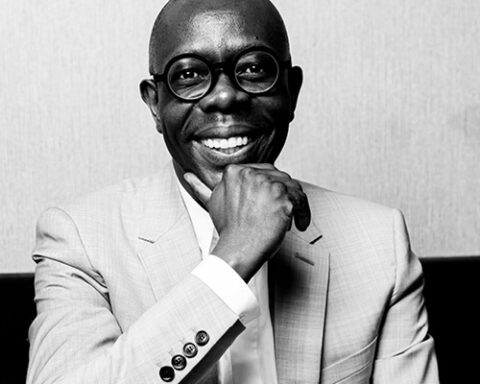The electric car revolution that is sweeping the world is gradually but meaningfully washing up on South Africa’s shores for the first time, inviting the question: if you are in the market for a new car, is now the time to buy electric?
To say that South Africa is behind the curve on this issue would be a massive understatement. About 1,200 battery electric vehicles (BEVs) and 700 or so plug-in hybrid electric vehicles (PHEVs) were sold in the country last year. In total there are possibly 5,000 of these cars on the roads in South Africa. Just to take one example, about 1-million of both kinds of cars were sold in Europe last year, about 15% of total sales. There are about 8-million of these cars on the road in Europe, many more in Asia.
For South Africans, the big problem over the past few years has been, of course, Eskom, and electricity supply generally. In addition, electric car sales were held back by the same thing that has been holding sales back all over the world: a slight expense premium, and lingering doubts about the technology.
But in South Africa and elsewhere, three things have recently changed:
First, there’s the meaningful arrival of particularly Chinese car brands which are strong on EVs and PHEVs in South Africa. Many of the Chinese brands are high quality and much cheaper than comparable internal combustion engine (ICE) cars.
There are now, would you believe, 13 different Chinese manufacturers offering 34 different vehicle models in South Africa. Beijing Automotive Group alone has 17 dealerships nationwide. The elephant of Chinese carmakers, BYD, has nine dealerships in South Africa, most of which arrived last year.
Second, the increasing price and general expense of petrol and diesel are changing the economics of owing ICE cars. According to Winstone Jordaan, CEO of GridCars, a provider of EV charging stations, an EV charged only at home would save about 80% of your fuel bill. Hence, the savings alone could easily cover half the repayments on a mid-priced EV sedan.
Third, the recharging network is slowly rolling out, despite the huge expense, and there are now charging stations at about 200km intervals on South Africa’s main roads, Jordaan says.
Market moves
Yet, some problems still remain. TechCentral editor Duncan McLeod, who embarked earlier this year on an epic EV road trip with a group of industry players in order to test the recharging network in remote areas, said if you bought now “you’d still be an early adopter, though the market is expanding fast”.
“Personally, I’d wait till later in the year as there are a lot of new Chinese EV models coming to market soon, including from BYD, Stellantis, VW and others. Prices are falling, and the ad valorem taxes could soon be reduced. There are some excellent models available already, including from BYD and Volvo, but a lot more are coming.”
The model proliferation is already very visible in South Africa’s car sales. A year ago, the top sellers were the same four car companies that have dominated sales in the country for decades. Toyota, VW, Nissan and Ford, with Suzuki making a breakthrough into the top ranks.
Fast-forward a year to February 2025 and the makeup of the producers on the list has changed dramatically, with Chery now challenging Ford in passenger car sales in the local market for the first time, and groups like Omoda, Jaecoo and Jetour making the list.
The picture is the same in Europe, with traditional carmakers now bringing out EV models at a rapid rate in a frantic rush to compete with the onslaught of Chinese brands.
Jordaan says what lies behind this change is simply the fact that EVs are cheaper to make. Once car makers around the world reach volumes comparable to ICE cars, that price difference will start to become very apparent.
McCloud says a good example is BYD’s Shark hybrid which has just been released in Australia, and is selling for just under A$60,000 (R670,000). The comparable model – a 4×4 double-cab ICE bakkie like Ford’s wildly popular Ranger series – sells for just over R1m.
Ford of course is not blind to the competitive challenge, and has just announced a R5.2bn investment in its Silverton assembly plant in Pretoria to produce the first-ever Ford Ranger PHEV.
Iced out
A central concern for many buyers is whether, if they don’t keep up with the changes, they might end up with a stranded asset.
But, says Jordaan: “Electric vehicles are the future of where technology is going. This is the next step in innovation. It’s the next step in every single aspect of it. It allows me to make my fuel at home. I wake up in the morning, my car is full; I don’t have to go to the garage.
“This is the future of what the automotive industry is going to look like. Now, arguably, we’re not at that point yet, but if you don’t get into it at the right point, what’s going to happen is your fuel cars are going to become stranded assets.”
In the past, if you bought a car you could expect that it would hold its value on a normal depreciation curve. But the question now is what the industry will look like in five years’ time. If you do buy an ICE car now, there is a good chance it’s just not going to be as easy to find a second-hand car buyer in six years when the whole nature of the industry has changed, he says.
“There is a scenario where EVs become popular so quickly and so aggressively that nobody wants to touch a petrol vehicle in four years’ time. It’s not unthinkable that in three to four years from now, everybody looks around and says my next vehicle must be electric.”
Sign up to Currency’s weekly newsletters to receive your own bulletin of weekday news and weekend treats. Register here.
